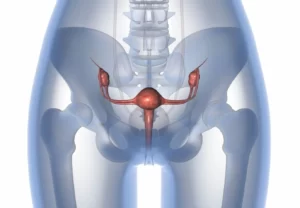- +91 99715-69210
- Ground floor OPD, Care CHL Hospital, Near LIG Square, Indore
- cancerdoctorin@gmail.com

A headache is usually the initial indication of a brain tumor, usually in combination with other symptoms. Seizures, difficulty thinking or speaking, personality changes, anxiety, depression, disorientation, fatigue, abnormal eye movements, numbness or tingling on one side of the body, weakness on one side of the body, loss of balance, vision changes, memory loss, nausea, generalized pain, difficulty swallowing, difficulty walking, drooping on one side of the face, loss of appetite, weight loss, and slurred speech are examples. That doesn’t indicate you have a brain tumor if you have a headache or a headache with these other symptoms.
However, if you wake up with a headache that seems to be worse in the early morning hours, accompanied by a darkening of your vision, this might be a symptom of increasing intracranial pressure. You should also schedule an appointment with a cancer surgeon.
Nearly 4% of all malignancies are head and neck cancers.
These malignancies are more than twice as frequent in males as in women.
Head and neck cancers are also diagnosed more frequently in adults over the age of 50 than in younger people.
Surgery, radiation therapy, chemotherapy, targeted therapy, immunotherapy, or a combination of therapies may be used to treat head and neck cancer. A person’s treatment strategy is determined by various criteria, including the tumor’s location, the disease’s stage, and the person’s age and general health.
There are several forms of brain tumors. Some brain tumors are noncancerous (harmless), whereas others are cancerous (malignant). Brain tumors can begin in the brain (primary brain tumors) or spread from other parts of the body to the brain (metastatic brain tumors).
The frequency at which a brain tumor grows might vary greatly. The rate of development and position of a brain tumor dictate how it affects neurological system function.
The kind of tumor, size, and location all influence brain tumor therapy options. For the best treatment of Brain Tumors, you should visit cancer specialist Dr. Suyash Agrawal.